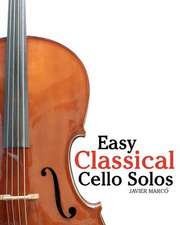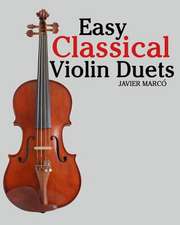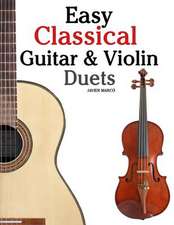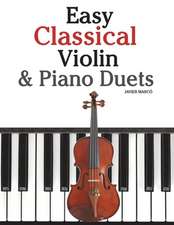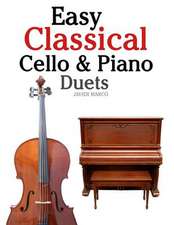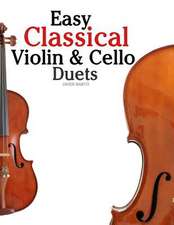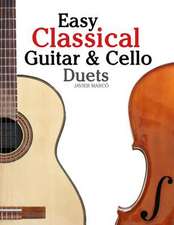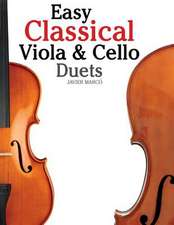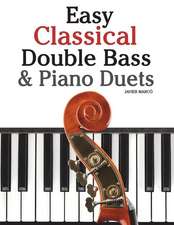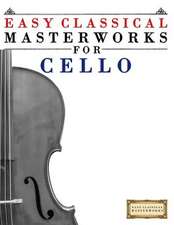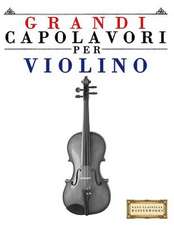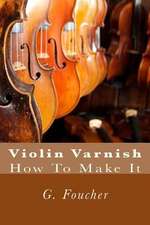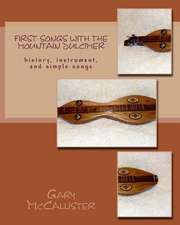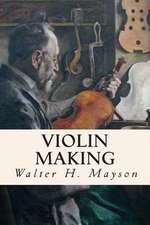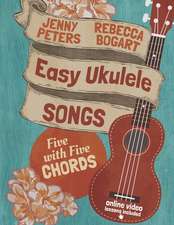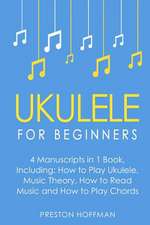The Viola da Gamba
Autor Bettina Hoffmann Traducere de Paul Fergusonen Limba Engleză Hardback – 20 apr 2018
| Toate formatele și edițiile | Preț | Express |
|---|---|---|
| Paperback (1) | 267.96 lei 3-5 săpt. | +29.07 lei 4-10 zile |
| Taylor & Francis – 11 noi 2019 | 267.96 lei 3-5 săpt. | +29.07 lei 4-10 zile |
| Hardback (1) | 852.80 lei 6-8 săpt. | |
| Taylor & Francis – 20 apr 2018 | 852.80 lei 6-8 săpt. |
Preț: 852.80 lei
Preț vechi: 1040.00 lei
-18% Nou
Puncte Express: 1279
Preț estimativ în valută:
163.20€ • 169.35$ • 136.41£
163.20€ • 169.35$ • 136.41£
Carte tipărită la comandă
Livrare economică 17-31 martie
Preluare comenzi: 021 569.72.76
Specificații
ISBN-13: 9781138240230
ISBN-10: 1138240230
Pagini: 406
Ilustrații: 127 Line drawings, black and white; 110 Halftones, black and white; 3 Tables, black and white; 240 Illustrations, black and white
Dimensiuni: 156 x 234 x 24 mm
Greutate: 0.91 kg
Ediția:1
Editura: Taylor & Francis
Colecția Routledge
Locul publicării:Oxford, United Kingdom
ISBN-10: 1138240230
Pagini: 406
Ilustrații: 127 Line drawings, black and white; 110 Halftones, black and white; 3 Tables, black and white; 240 Illustrations, black and white
Dimensiuni: 156 x 234 x 24 mm
Greutate: 0.91 kg
Ediția:1
Editura: Taylor & Francis
Colecția Routledge
Locul publicării:Oxford, United Kingdom
Public țintă
Postgraduate and ProfessionalCuprins
1. Getting acquainted 2. Anatomy of a viol 3. Antecedents 4. Renaissance 5. Baroque and Classical 6. The Revival
Descriere
The viola da gamba was a central instrument in European music from the late fifteenth century well into the late eighteenth. In this comprehensive study, Bettina Hoffmann offers both an introduction to the instrument -- its construction, technique and history -- for the non-specialist, interweaving this information with a wealth of original archival scholarship that experts will relish. The book begins with a description of the instrument, and here Hoffmann grapples with the complexity of its various names. Following two chapters on the instrument's construction and ancestry, the core of the book is given to a historical and geographical survey of the instrument from its origins into the classical period. The book closes with a look at the revival of interest in the nineteenth and twentieth centuries.

